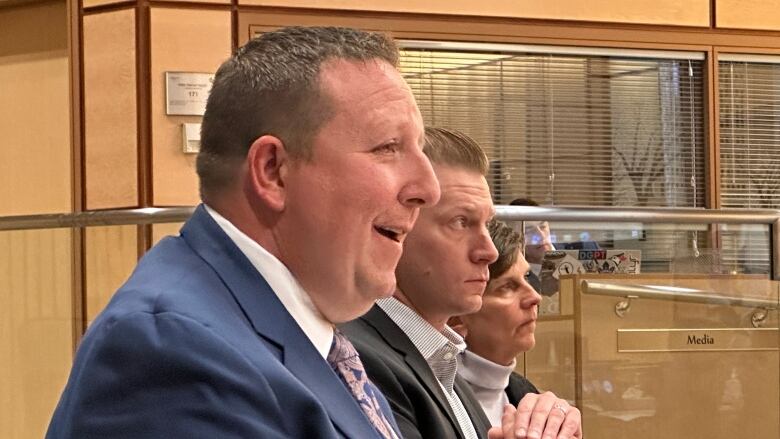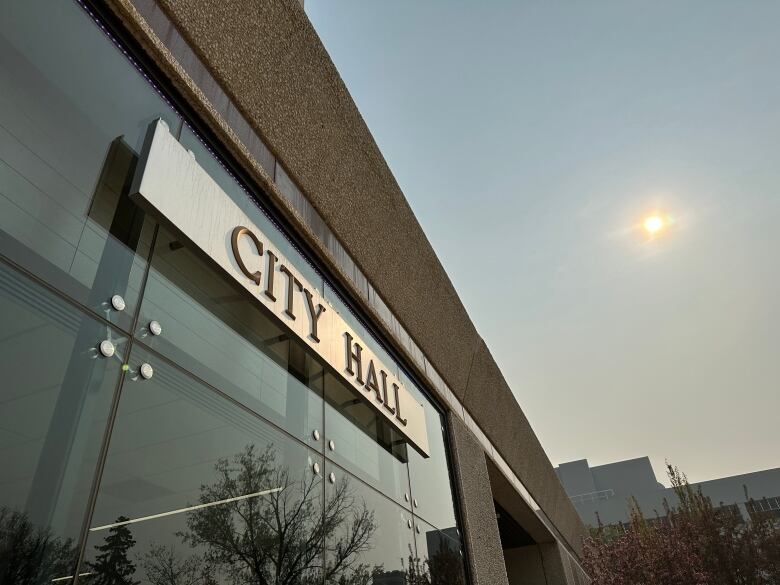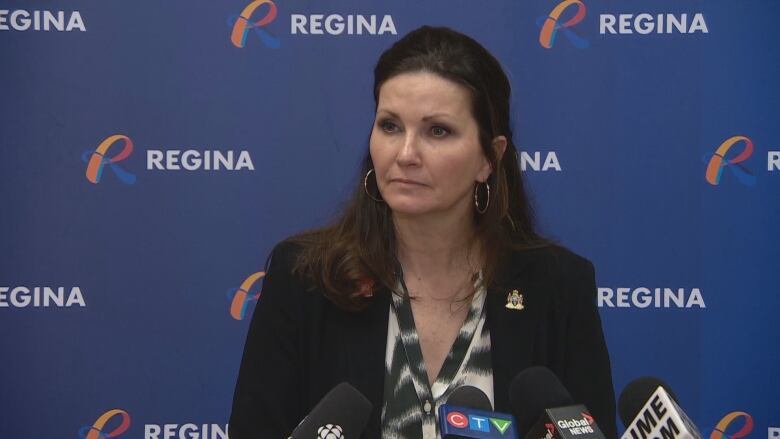City of Regina questions sustainability of REAL business model, as company seeks to take on debt
Committee votes to let REAL incur $3.4M within current limit; city administration to develop long-term plan

Regina city council will weigh whether to allow Regina Exhibition Association Limited (REAL) to use debt to get out of the red, and whether city administration will develop a plan to help make the company sustainable in the long term.
A report forwarded to the city's executive committee states REAL will owe $6.9 million by September, but it won't be able to make its payments without taking on more debt, or getting a cash injection.
Delegates from REAL, including president Tim Reid, presented the organization's financial situation to the committee Wednesday. They suggested the COVID-19 pandemic was the leading cause of the company's money woes, but further questioning from councillors and Mayor Sandra Masters cast doubt over REAL's current business model.
"We need to ensure that we are being fiscally responsible for all of our tax dollars," said Coun. Lori Bresciani during the meeting.
"We actually have to look at a different business model, because I don't think this business model, this financial model, is sustainable."
REAL, a municipally owned corporation, oversees the city's exhibition grounds, Mosaic Stadium, the Brandt Centre and Tourism Regina. Part of its work includes drawing events to the citysuch as sporting events and concertswhich, Reid said, drive much of the organization's revenue.
Public health restrictions implemented during the pandemic limited gathering sizes, thus hurting the entertainment industry. REAL is recovering from that loss in business, but it is still in debt, Reid said.
The company is on pace to meet its revenue targets this year, he said, but generally its profit margins are thin, which limits how the business can spend money.
It also carries roughly more than $40 million in deferred maintenance on city-owned assets.
"REAL can be sustainable for operating, but what we really need help with is to dig us out of the debt that we dug ourselves into,that the pandemic forced us [into]. Then, also invest back into our infrastructure and our buildings to make sure we can be that community pillar," said Dallas Skulski, REAL's director of finance, who also attended as a delegate on Wednesday.
The executive committee voted in favour of letting REAL arrange to take on $3.4 million of debt, within its $21-million debt ceiling, to help pay off what it already owes.

It also voted in favour of directing the city administration to develop a long-term financial plan for REALthat would be presented to city council before the next budget.
Coun. Bob Hawkins, in particular, supported the moves.
"We are supporting an organization that we rely on that we've relied on in the past, we will rely on in the future to help develop this city the recreation and entertainment values that this city needs," Hawkins said.
Thoseissues will be discussed at next week's meeting of city council.
Sustainability questioned
Reid noted during the presentation that REAL is always one big event away from making or breaking its budget.
REAL has been able to attract some major events, including the Grey Cup last fall, Reid said, but it was unable to attract some concert acts because it was outbid partially because competitors were backed with government funds, he said.
He added that drawing acts will be harder in the short term because musicians can travel overseas and will be touring there.
"We depend on large events to be able to make our business work," Reid later told reporters.
"The truth of the matter is, as long as we were making a little bit of money, everybody seemed to be OK with it. I'm not sure that it was sustainable in 2017. I'm not sure that it's sustainable in 2023."
The pandemic exacerbated the issue, he added.

Some councillors empathized with the position REAL is in, but a few also expressed concern that restructuring the business model is coming up now.
"We all had to restructure our finances within our household to adapt to COVID," said Coun. Terina Nelson.
"We have some very smart executives on the team of REAL. We have smart financial people in place and they didn't figure that out [REAL] should have been doing this three years ago."
Mayor Sandra Masters told reporters that the consequences of COVID-19, specifically managing debt, were always a wait-and-see situation because no one knew how long the pandemic would last.
Now seems like an appropriate time to tackle the issue, because REAL helps boost the local economy, she said.
With files from Alexander Quon












_(720p).jpg)


 OFFICIAL HD MUSIC VIDEO.jpg)
.jpg)



























































































